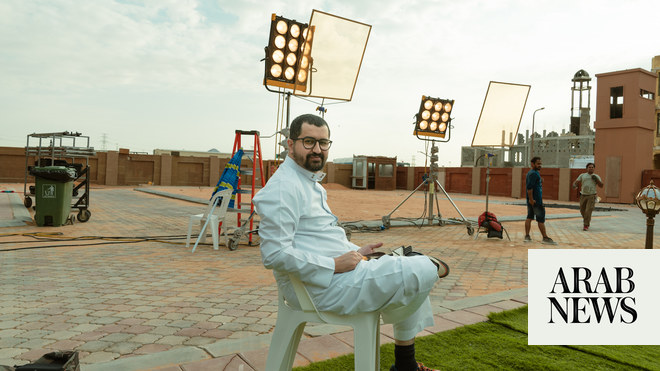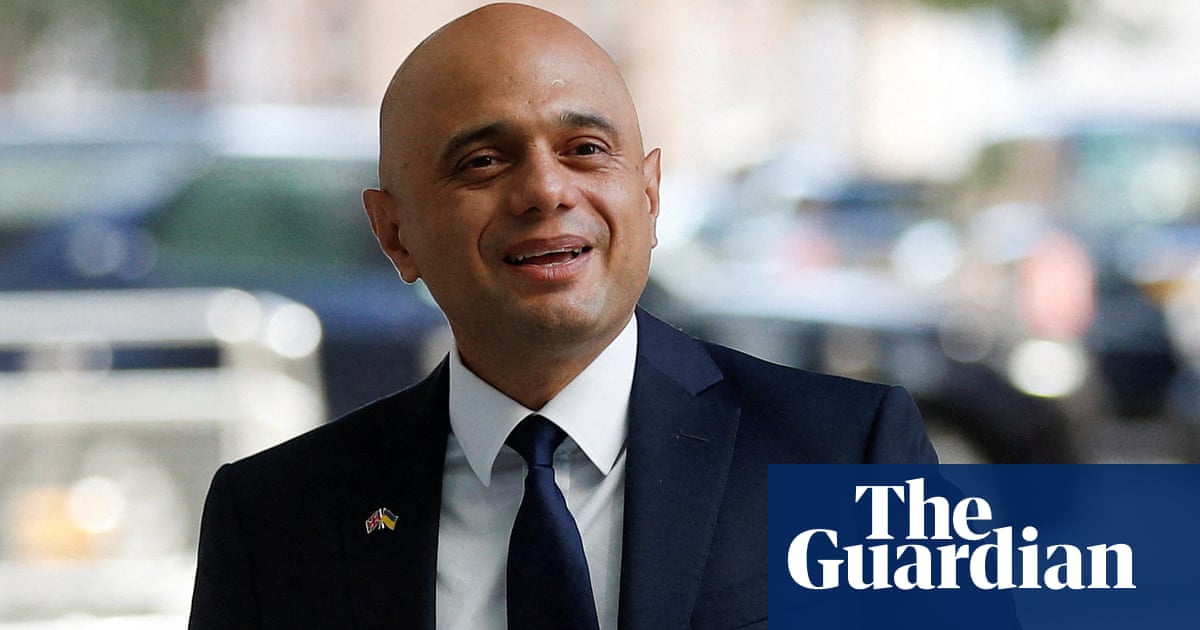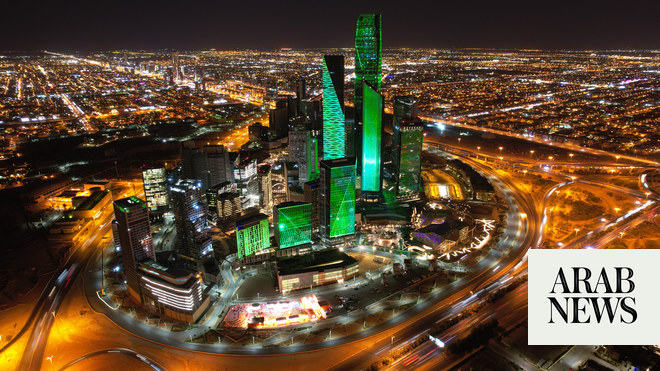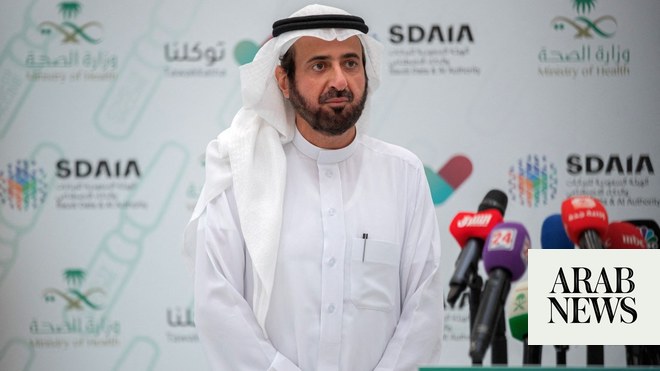
NEW DELHI: Indian Prime Minister Narendra Modi is heading overseas for a hectic few days of international outreach, amid concern about the situation in Kashmir.
There has been a security crackdown in the territory following India’s decision to revoke its special status. Hundreds of activists, civil society leaders and politicians have been detained and there have been reports of protests, clashes and police using tear gas to quell crowds.
Modi goes to France for a bilateral summit on Aug. 22. His next stops are the UAE and Bahrain before returning to France to attend the G7 Summit, which India has been invited to for the first time.
International opinion is mixed on the current Kashmir turmoil, which has been divided between India and Pakistan since their independence from Britain in 1947 although both claim it in full.
A furious Islamabad has been trying to drum up international support and the United Nations has held an informal discussion on the issue.
While the UAE says Kashmir is an internal affair for India, the 57-member Organization of Islamic Countries (OIC) has condemned the “ongoing security clampdown, communications blockade and denial of religious freedom to Kashmiris.”
An Indian Foreign Ministry official told media he didn’t want to “second guess” if Modi would discuss Kashmir with the UAE’s leadership.
The prime minister is meeting Crown Prince of Abu Dhabi Sheikh Mohammed bin Zayed Al-Nahyan “to discuss bilateral, regional and international matters of mutual interest.”
An Indian Foreign Ministry statement said Modi was going to receive the Order of Zayed, the highest civil decoration of the UAE, which was conferred in April in recognition of Modi’s “distinguished leadership ... and for giving a big boost to bilateral relations between the two countries.”
The UAE is India’s third-largest trade partner. It is the fourth-largest exporter of crude oil for India and more than 3 million Indians live in the Gulf state. Bilateral trade is around $60 billion.
Indians comprise the largest expat community in Bahrain, where Modi will be between Aug. 24 and 25, and annual bilateral trade is around $1.3 billion.
The presence of over 3,000 Indian-owned or joint ventures in Bahrain indicated the “intense economic engagement” between the two countries, according to New Delhi, and Modi’s visit would provide an opportunity to further cement “mutually beneficial bilateral ties.”
Pranay Kotasthane, from the Bangalore-based Takshashila Institution think tank, said that managing and growing partnerships had been one of the “rare foreign policy successes” of the National Democratic Alliance (NDA) government under Modi’s leadership.
“The visit to the UAE and Bahrain should be seen as a continuation of this process rather than it being narrowly focused on isolating Pakistan,” Kotasthane told Arab News. “We don’t need to be very worried about the international angle on the Kashmir issue. It’s what we do now with Jammu and Kashmir going ahead that matters. We need to manage the security situation while rebooting the economic and political mechanisms going forward.”
Earlier this month India brought its part of Kashmir under direct rule, stripping the Muslim-majority region of its special status and sparking a backlash. Article 370 gave exclusive land rights to the people of Kashmir and blocked outsiders from seeking jobs and settlement in the state.
SubHajjit Naskar, an assistant professor of international relations at Jadavpur University, said the major expectation from Modi’s visit to the UAE and Bahrain would be how effectively he could “re-energize the relationship” after India unilaterally withdrew the special status given to Kashmir.
There has been an armed rebellion against Indian rule since 1989, claiming tens of thousands of lives, mostly civilian.












